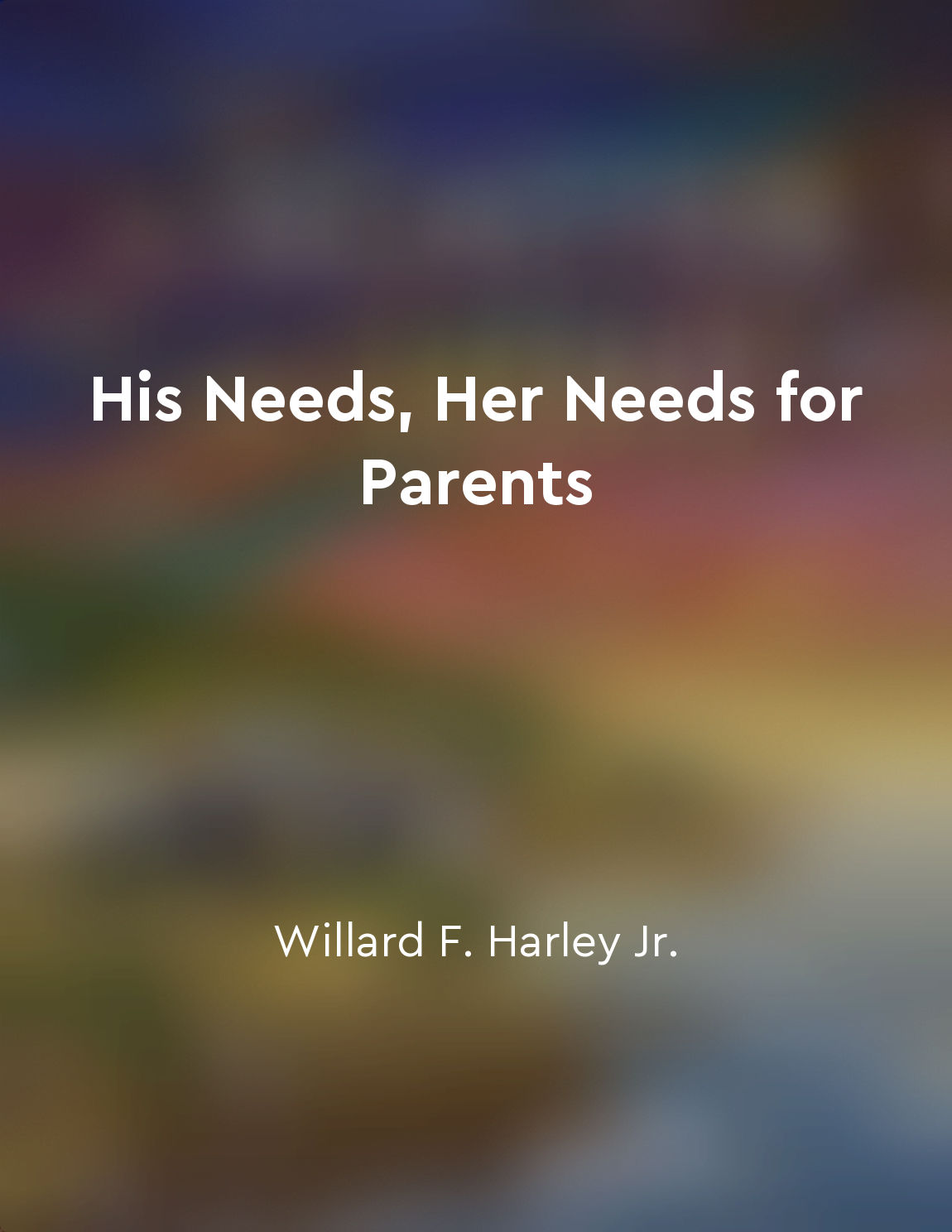Use "I" statements instead of "you" statements from "summary" of How to Talk So Teens Will Listen and Listen So Teens Will Talk by Adele Faber,Elaine Mazlish
When you're communicating with your teenager, it's important to be mindful of the language you use. One key concept to keep in mind is to use "I" statements instead of "you" statements. This simple shift in language can make a big difference in how your message is received. When you use "you" statements, it can come across as accusatory or confrontational, which can lead to defensiveness and resistance from your teenager. For example, saying "You never listen to me" can put your teen on the defensive and make them less likely to hear what you have to say. On the other hand, using "I" statements allows you to express your feelings and experiences without placing blame on your teenager. For example, saying "I feel frustrated when I don't feel heard" shifts the focus to your own feelings and experiences, making it easier for your teenager to empathize with you. Using "I" statements can also help you to communicate more effectively with your teenager. By expressing your own feelings and experiences, you can create a more open and honest dialogue, fostering better communication and understanding between you and your teen. So the next time you find yourself wanting to say "you" statements to your teenager, try reframing your message using "I" statements instead. This simple change in language can help you to communicate more effectively and build a stronger connection with your teenager.Similar Posts
Encouraging forgiveness and reconciliation is important in resolving conflicts
When children are embroiled in conflict, it can be easy to get caught up in the heat of the moment. As parents, our first insti...

Remember that your love and guidance shape your child's future
When we become parents, we hold in our hands the power to shape the future of our children. It's a monumental responsibility th...
Create a safe environment for dialogue
To have a successful crucial confrontation, it is essential to establish an environment where dialogue can flow freely and safe...

Encourage creativity and problemsolving skills
Encouraging creativity and problem-solving skills in children is crucial for their development. By fostering a creative mindset...

Children have a hierarchy of needs that must be fulfilled
Children have a hierarchy of needs that must be fulfilled. At the base of Maslow's hierarchy of needs are the physiological nee...
Toxic parents may struggle with empathy and emotional intelligence
Toxic parents often find it difficult to empathize with their children's feelings and emotions. This lack of empathy stems from...
Avoid making decisions based on emotions
When emotions are high, logic often takes a backseat. Making decisions when emotions are running high can lead to choices that ...
Parents must set clear boundaries
The responsibility of every parent is to set clear boundaries for their children. This means establishing rules and expectation...
Focus on finding solutions, not placing blame
The key to bringing about lasting change in challenging kids is to shift one's focus from trying to figure out why a child is h...
Help your child process intense emotions through storytelling
When your child is experiencing intense emotions, one way to help them make sense of what they are feeling is to use storytelli...
